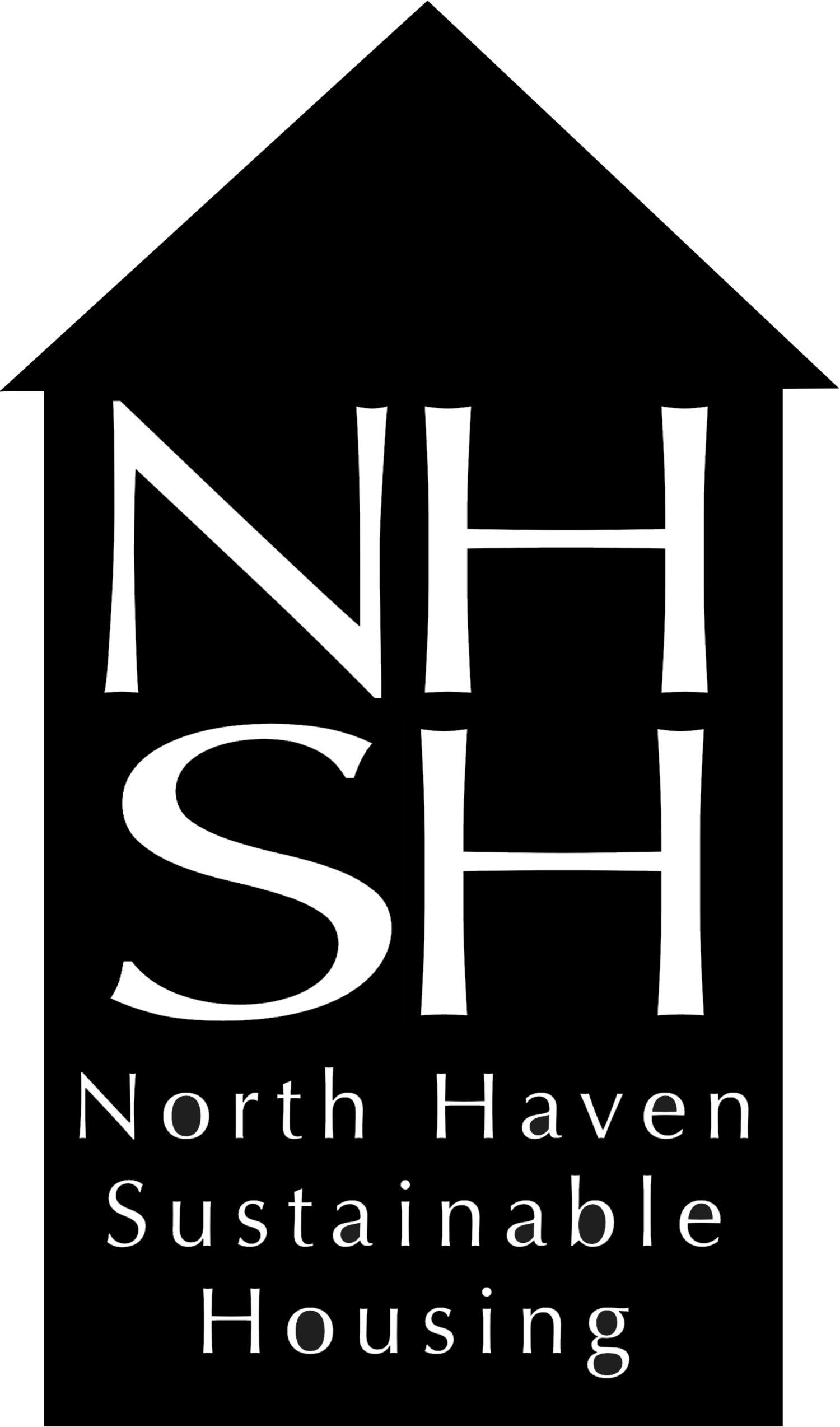Affordability Covenants
North Haven suffers from an extreme lack of affordable options for home ownership on the island. In an effort to address that problem—and to preserve the affordability of housing for year-round North Haven residents today and long into the future—North Haven Sustainable Housing (NHSH) uses “affordability covenants” tied to most home and land sales.
An affordability covenant is specific language included in the deed to a property that restricts the resale of the property in specific ways. Housing organizations—like NHSH—often add these covenants to the deeds of the properties they sell in order to limit the future resale price and to restrict the sale of the property to certain qualified buyers. In the case of NHSH, our affordability covenants require all future buyers of the properties we sell to be year-round residents of North Haven with low or moderate incomes. The covenant can also limit the amount a property’s sale price can increase to help keep the home available to the island’s year-round community.
Covenants are placed on the property as a part of the deed. In most cases, they remain in effect through multiple sales, enforced in law but overseen by North Haven Sustainable Housing’s board and staff.
Depending on the type of property and sale, NHSH may use different limitations to try to restrict the future resale price of the property. For example, a covenant may allow the property to increase in value based on a yearly percentage or a percentage tied to the consumer price index. This is in contrast to a typical sale, in which a house sells for the highest price the market will bear. If a homeowner receives a substantial subsidy when purchasing their home, based on a discount offered by the cooperating seller or by investments made by North Haven Sustainable Housing, the intent of the covenant language is to pass along a similar discount to a future buyer. Homeowners may improve their homes and add value to them, which they may realize at a resale, but there may be a process to ensure improvements won’t degrade the value of the home or make it unaffordable or unlivable for a future year-round owner.
Covenant language may vary, depending on the project, the purchase price of the home, and the condition of the home at the time of purchase.
